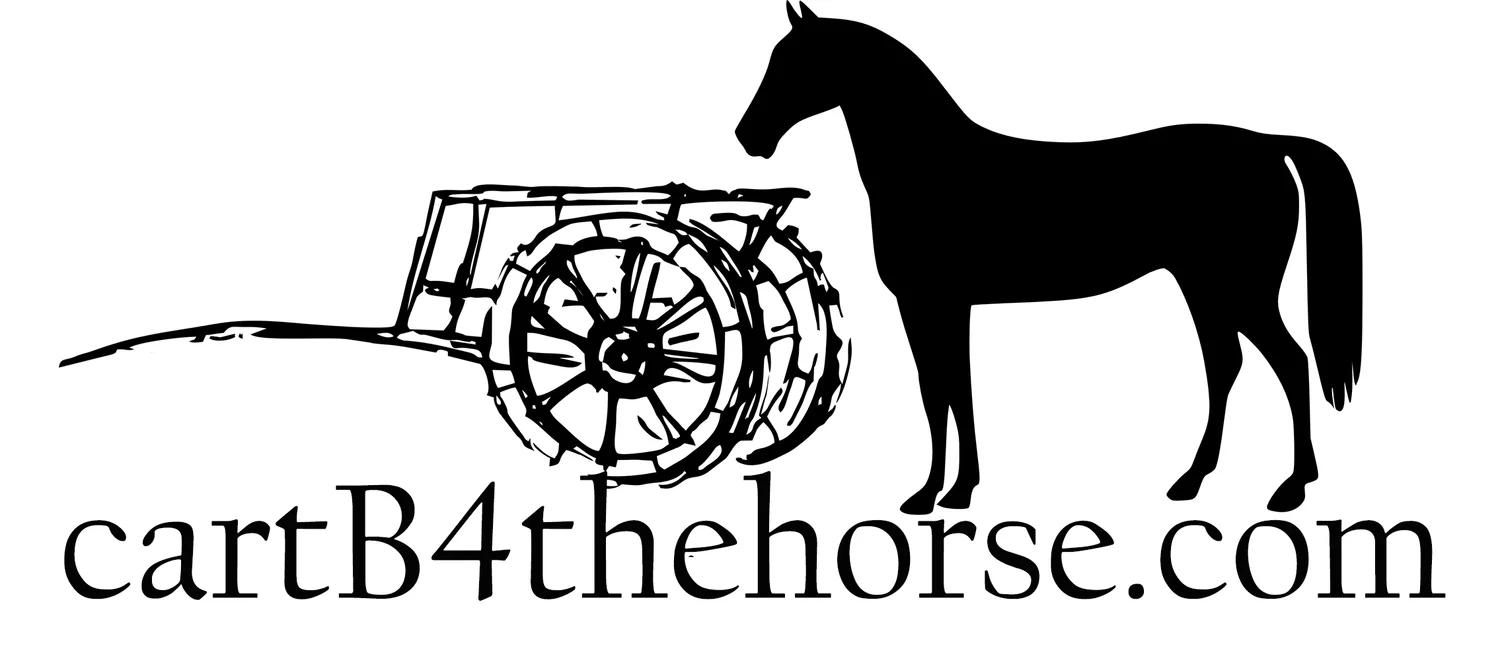Ghosts of History Past
/“A light but steady rain trailed the crew to the Humber Trails Conservation Area. The boys looked like wraiths from another world, wearing ponchos as they trudged through the mist. They began to see markers for the Toronto Carry Place, 1615–1793. This had been the very portage made by the voyageurs two and three centuries earlier. Rain had soaked the wood available for kindling at dinner time, which was delayed. Then it rained all night.”
– from Hard Rivers: The Untold Saga of La Salle: Expedition II
Boys of La Salle: Expedition II crossing metro Toronto toward open water in 1976 trod the same byways that wilderness explorers had gone centuries earlier. They literally moved with the ghosts of a history that had passed the same way. So do we all.
Cynically, we think of history as being “so over,” a dead thing, some musty, moldering creature that has nothing left to do with us. That is a delusion. History is a river we swim in every day. Don’t believe me? Ask the people of West Virginia whose entire town washed away in a millennial flood or the people in California whose homes flared briefly before going up in smoke and down in ashes this summer. Ask the young nightclub survivors of Bataclan in Paris and Pulse in Orlando or the teenager preparing for the Olympics – in 2020.
We tell ourselves that “we study history to avoid the mistakes of the past.” That’s baloney. We don’t study history to avoid mistakes. We study it because we are human and we keep making the same mistakes over and over. It is in our character or our DNA. History is the record we leave behind of who we are and who we believe we can be. Like a Clint Eastwood film, history is the good, the bad, and the ugly of humankind. It is our Genesis, our Exodus, our Gospel, and our Revelation.
Every person views history through his or her own experience, a personal lens that imparts our own values. That’s why we are our own Greatest Historians. If we choose to view history as dead, it has no meaning to us. But that doesn’t mean it does not exist.
Museums give us roots. Explorers point the way to future discoveries. Statistics of past achievements give us yardsticks by which we can judge current abilities. Past events challenge us to find solutions to future concerns. We swim in the current of history. There is no other choice.
Like Charles Dickens’s Ebenezer Scrooge, each of us travels with ghosts of the past as well as ghosts of the present and future. If we pay attention, they can warn, instruct, and inspire. Scrooge was a better man for having heeded that which had passed. What can the past do for you?
Photos by Barton Dean (left) and Craig P. Howard
Voyageur climb Weston Road north of Toronto in 1976 again in August 2016 for their 40th reunion.





